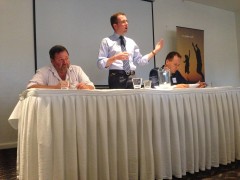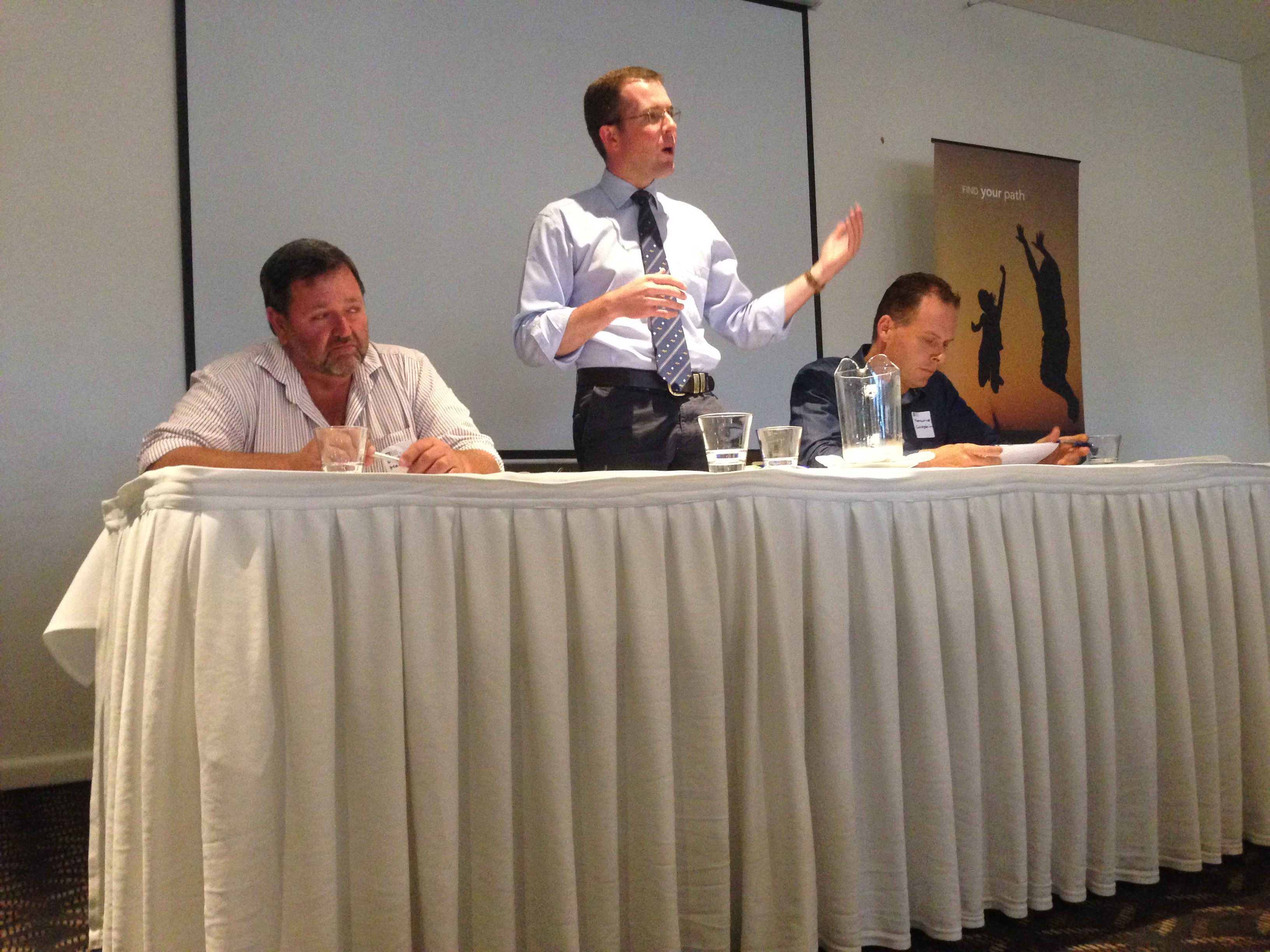 We thought it would be good to inform SLA members on how local candidates stand on the question of sustainability. Unfortunately we only received one response. Maybe there was too many questions, too late in the election campaign (emailed questions to candidates on 12/3/15).
We thought it would be good to inform SLA members on how local candidates stand on the question of sustainability. Unfortunately we only received one response. Maybe there was too many questions, too late in the election campaign (emailed questions to candidates on 12/3/15).
Voting for the State election is this Saturday 28th March.
Here is the unedited response from The Green’s Candidate Mercurius Goldstein:
On behalf of the Greens, I can advise the following in response to your questions:
Do you accept that there has been climate change caused by human activity, in particular the burning of fossil fuels? YES
What actions do you/your party think the NSW Government should take to help mitigate climate change?
Taken together, Greens NSW policies converge on creating a less carbon-intensive economy (i.e. lowering our per-capita carbon emissions) while maintaining or improving our quality of life.
Measures in our Transport, Sustainable Agriculture, Planning & Infrastructure, Energy, Housing, National Parks and related policies would see NSW emerge as a leading example of a highly liveable, sustainable and prosperous society.
Your policies or proposed policies on increasing renewable energy generation within the State and specifically this electorate?
Greens policy will deliver a clean and secure energy future for Northern Tablelands with a 100% renewable energy grid. The focus will be on regionally-based public energy agencies to provide expert technical advice and direct investment opportunities for local councils, residents and community-based energy generation initiatives.
In this clean energy future, households and small businesses could become active participants in the electricity industry, trading renewable sources across a publicly owned network. They will be able to manage their use to minimise their costs and assist the network to transition to clean energy sources.
This plan is about quite literally putting power into the hands of the people, taking it away from vested corporate interests and back-room deals.
This initiative is coupled with a commitment to ending CSG extraction and coal-mining in NSW, with clear transition paths for workers to be re-employed closer to their communities in renewable energy generation.
Your policies (or proposed policies) on the future of the electricity grid?
Energy infrastructure will remain in public hands under Greens policies, albeit local and regional-scale energy projects will be able to feed into and trade across the network, creating a reliable and resilient power grid for the region.
When you generate power at the local level, you generate jobs at the local level, and the Greens secure energy future would create hundreds of jobs across our region, including new jobs for workers previously employed in the fossil fuel industries.
Your policies aimed at reducing climate change emissions from transport, specific to the Northern Tablelands and broadly across the State?
Greens Transport policy requires a shift to rail for long-distance passenger and freight transport. The development of the inland freight route between Melbourne and Brisbane via Moree is an important and far-sighted initiative in Northern Tablelands.
We would further wish to promote public transport in our rural towns through a better-developed and more frequent inter-town road coach service. Inter-city ‘Shopper buses’ timetabled to the local business hours in Armidale, Inverell and Glen Innes would be a useful way to stimulate the local economies while lowering the carbon footprint for such trips. It would also provide an important amenity for people in our community who have limited independent access to private vehicle transport.
Finally, Greens policies also support more active forms of transport for local areas including cycling and walking. We have a range of cycle-friendly policies to overcome disincentives to cycling that exist in many towns (e.g. lack of bicycle parking or shared road use lanes).
Regarding the Great Northern Rail Line between Armidale-Wallangarra, Greens are committed to pursuing a public feasibility study in the next term of government to assess the transport potential of this vital public asset, which has been neglected for 25 years by Coalition and Labor governments alike.
What actions/policies will you advocate to ensure the NSW Government puts agriculture on an environmentally sustainable footing, and protects aquifer and surface water resources?
Greens Sustainable Agriculture policy recognise the fundamental importance of food and fibre production to our civilisation and way of life.
Greens and farmers share a common goal: the development of productive, profitable and sustainable enterprises for farmers to pass on to the next generation of their families or business partners.
Greens support providing incentives to farmers for the ecosystem services and public benefit they provide through their stewardship of the land. Biodiversity must remain protected through legislative measures because of its importance to sustaining the entire agricultural ecosystem — however the regime should be better balanced with positive incentives for the vast majority of farmers who are looking after their land and trying to do the right thing, rather than focused solely on a punitive regime for breaches.
Under Greens policies, aquifer and water resources would be managed by a stand-alone Department of Environment that would work alongside the Department of Agriculture to balance the state’s sustainability and food/fibre production needs.
Also essential to maintaining a sustainable agricultural sector is an immediate end to CSG extraction in NSW and a phase-out of coal mining in favour of renewable energy generation (see answers above).
In light of recent issues over imported food, and coincidently that Armidale is already in the process of setting up a local food identifier label for supermarkets and shops in our region, what will you (and your government) do to encourage/assist/prioritise local food production AND local food purchasing and consumption?
The Greens Sustainable Agriculture policy supports locally-produced food, which can be fresher, more nutritious and less carbon-intensive than food which has travelled a long way to market.
Fair prices at the farm gate are an important element of policy success in this area, and Greens support initiatives to help farmers value-add and generate jobs on their property through light processing and preparation for market.
What do you know about the many mining exploration licences (gold, antimony, etc) for the Northern Tablelands and the lack of consultation with local communities regarding gold mining, toxic extraction processes and disposal arrangements?
Greens aware that there are extant extraction licenses in the region, but we do not have currently have specific details to provide a satisfactory response to your query.
What I can advise is that the Greens are committed to clean government. This would mean transparent, accountable and reviewable public processes when it comes to extractive industries in NSW. The Greens approach stands in stark contrast to the corruption and close-door decision-making we have witnessed from current and past governments both Coalition and Labor, both of whom have seen their representatives called before ICAC to be investigated over dealings with the mining industry.
Yours sincerely,
Mercurius Goldstein
Northern Tablelands Greens candidate – NSW 2015 Election
